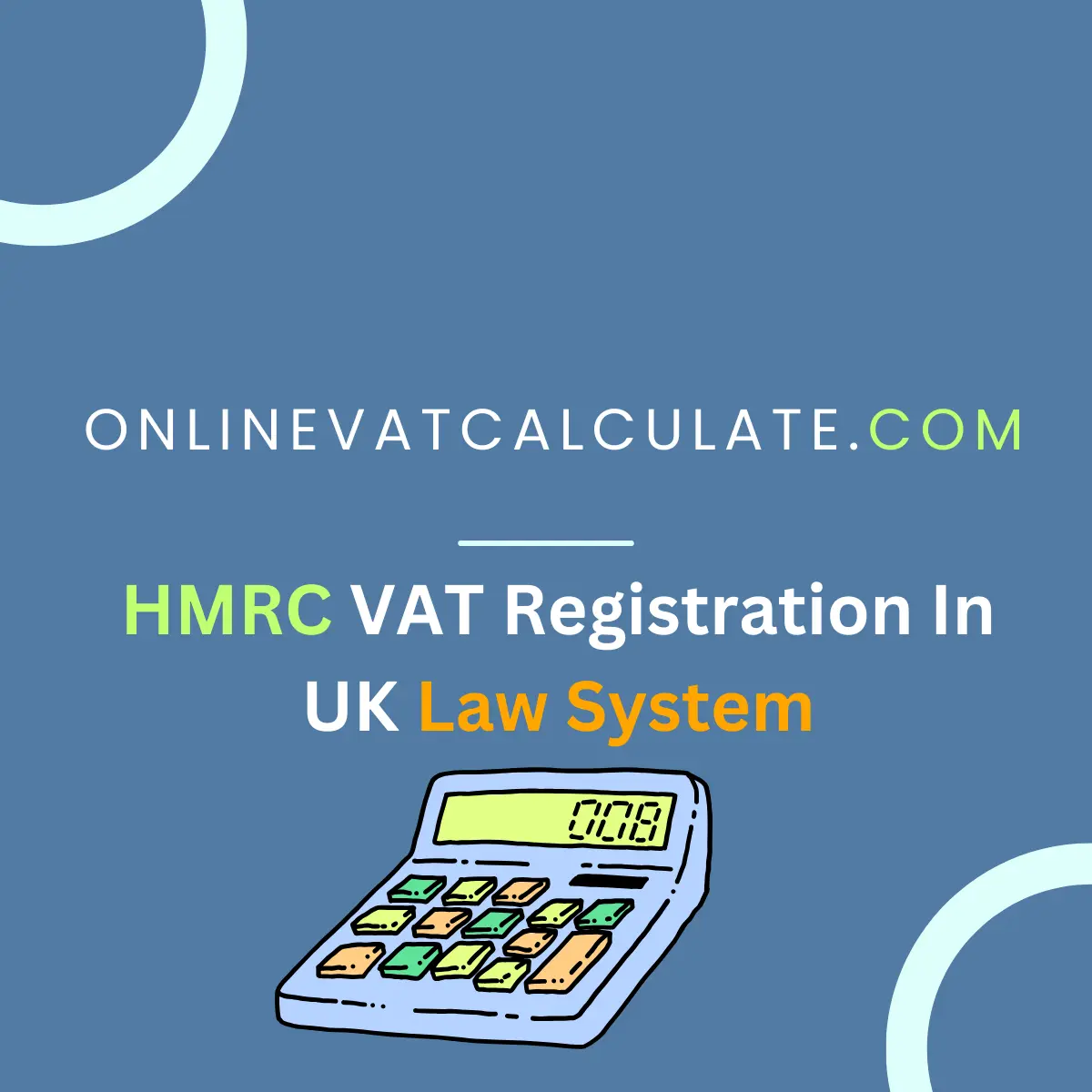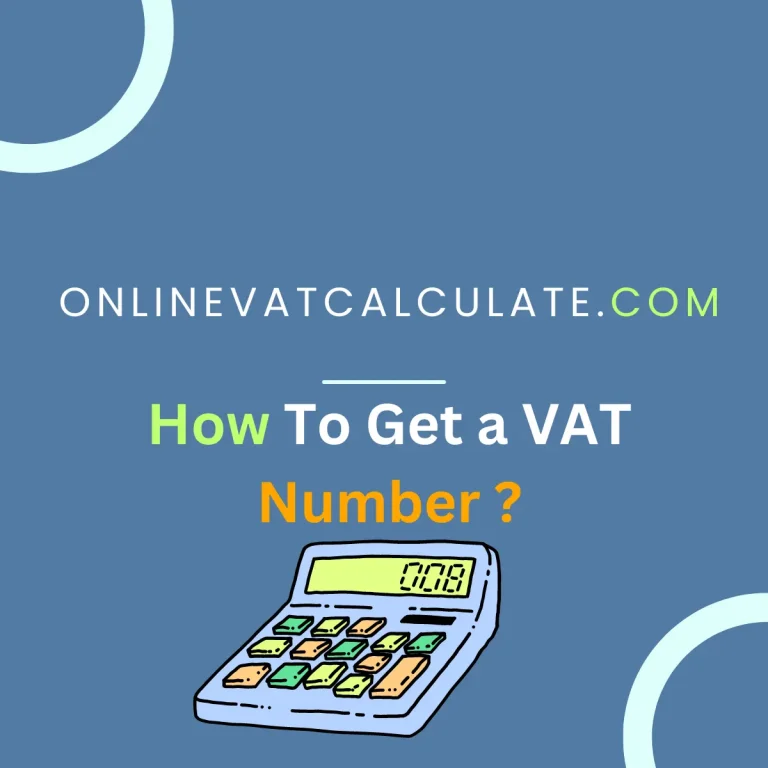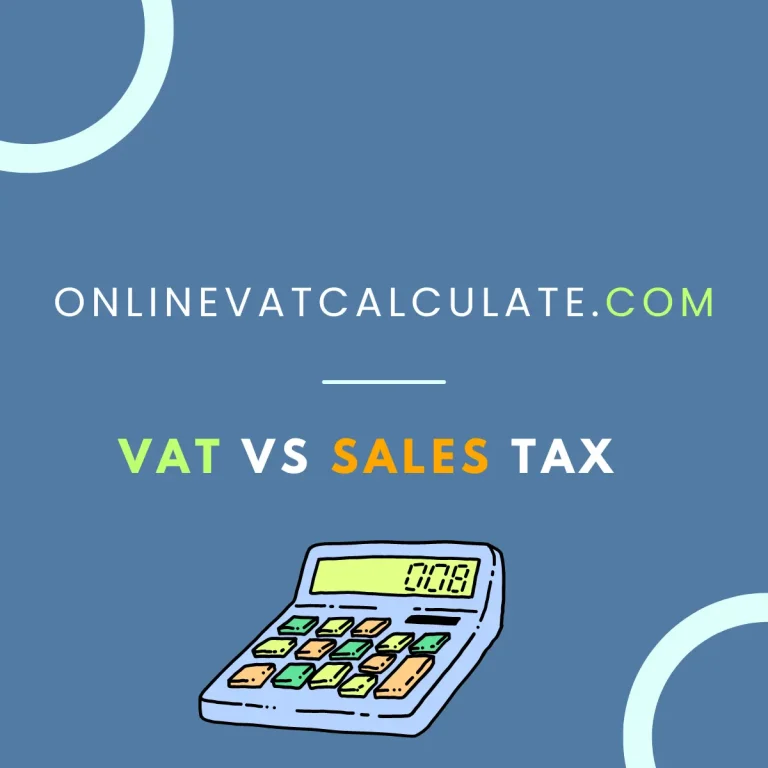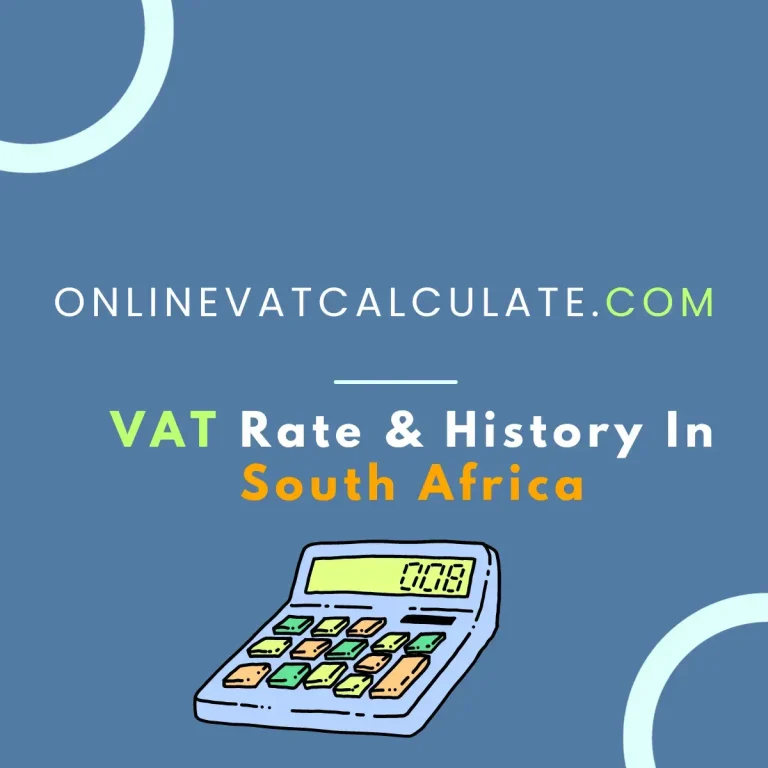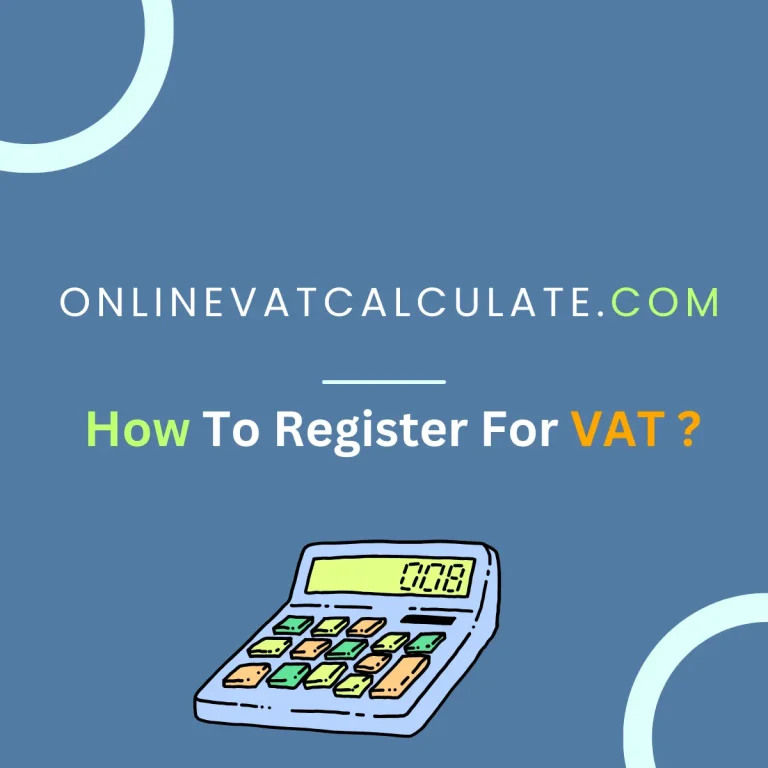Hmrc VAT Registration
Value Added Tax (VAT) is a crucial aspect of the UK’s tax system, and understanding how it works is essential for businesses and individuals alike. Her Majesty’s Revenue and Customs (HMRC) is responsible for administering VAT in the United Kingdom. In this article, we will provide a comprehensive overview of HMRC VAT, including its basics, registration process, benefits, and compliance.
What is VAT?
Value Added Tax (VAT) is a consumption tax levied on the value added to goods and services at each stage of production or distribution. It is a crucial source of revenue for the UK government, and businesses are responsible for collecting and remitting VAT to HMRC. VAT is added to the price of most goods and services, and the standard rate is 20%, though some items are subject to reduced rates or are exempt.
VAT Registration
Businesses with an annual turnover above the VAT registration threshold (currently £85,000 as of the knowledge cutoff date in September 2021) must register for VAT. However, you can voluntarily register for VAT even if your turnover is below this threshold. The benefits of VAT registration include the ability to reclaim VAT on business expenses, enhanced credibility, and compliance with legal requirements.
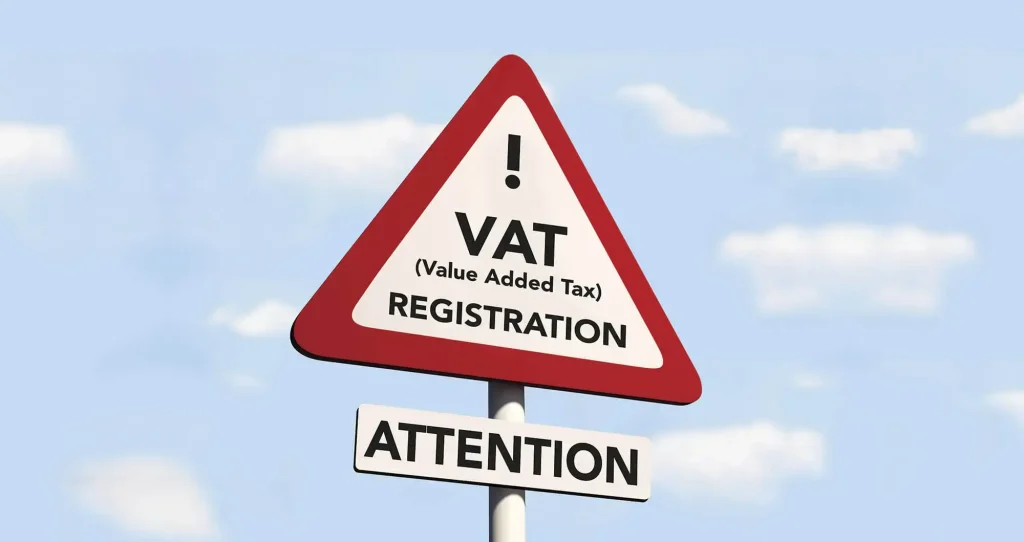
VAT Rates
VAT in the UK is categorized into several rates, including:
- Standard Rate (20%): Most goods and services are subject to the standard rate.
- Reduced Rate (5%): Applied to certain items, such as energy-saving materials, children’s car seats, and some domestic fuel.
- Zero Rate (0%): This includes essential items like most food and children’s clothing.
- Exempt: Certain goods and services, such as healthcare and financial services, are entirely exempt from VAT.
VAT Returns and Compliance
Registered businesses must regularly submit VAT returns to HMRC. These returns summarize the VAT collected and paid on purchases and sales. It’s vital to maintain accurate records, calculate VAT correctly, and submit your returns on time to avoid penalties. HMRC also offers online tools and software to make this process more manageable.
Benefits of VAT Registration
Registering for VAT offers several advantages for businesses:
- Reclaiming VAT: VAT-registered businesses can reclaim VAT on their expenses, reducing their overall tax liability.
- Credibility: VAT registration can enhance your business’s credibility, making it more attractive to potential customers and suppliers.
- Global Trade: VAT registration may be necessary if you engage in international trade, as it simplifies cross-border transactions within the EU and may be relevant to your business even after Brexit.
- Compliance: VAT registration ensures that your business complies with tax regulations, reducing the risk of penalties and fines.
Conclusion Of HMRC VAT
HMRC VAT is an integral part of the UK tax system, affecting both businesses and consumers. Understanding the basics of VAT, its registration process, rates, and compliance requirements is crucial for smooth operations and legal compliance. Whether you are a business owner or an individual consumer, being well-informed about HMRC VAT can help you manage your finances more effectively. If you have specific questions or need guidance, it is advisable to consult with a tax professional or visit the official HMRC website for the most up-to-date information.
